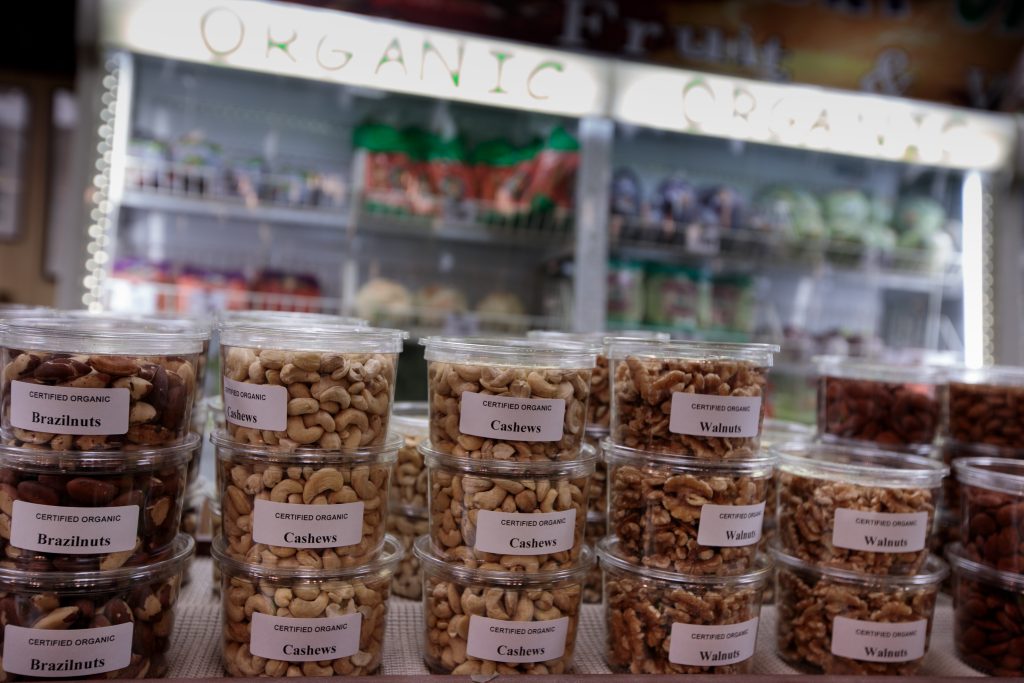Empty Canadian grocery store shelves could become larger problem
Posted January 11, 2022 3:56 pm.
Last Updated January 12, 2022 1:09 am.
Empty grocery store shelves have become a sporadic issue in Canadian grocery stores in recent weeks. Some believe the problem will worsen when the new federal COVID-19 pandemic measure goes into effect this weekend.
According to one industry insider, the current product shortages can largely be attributed to the rapid spread of the Omicron variant, which is triggering staff shortages across the industry.
“The supply chain has slowed way down because we’re missing so many people at once,” said Sylvain Charlebois, Senior Director of the Agri-Foods Analytics Lab at Dalhousie University.
“If you talk to any food company from farm to store, they’re likely missing anywhere between 15 to 20 per cent. So if you’re turning inventories two, three times a day like in produce in a grocery store, if you don’t have the people to do it, guess what, you’re going to have to wait.”
Another issue is the quality of the items making it to store shelves.
“The products that are actually reaching the market aren’t as fresh as they used to, because products are spending more time on wheels or on a boat somewhere,” said Charlebois.
“Those are things that I think Canadians are really noticing right now.”
Charlebois predicts the problem could worsen over the coming weeks as a new vaccine mandate for truck drivers comes into effect.
Starting Jan. 15, all truck drivers entering Canada from the United States will need to present proof of vaccination to avoid a mandatory 14-day quarantine. The concern is growing that the new guidelines could force thousands of cross-border truckers off the road.
“We import about 21, 22 billion dollars worth of agri-food products from the United States every year. Sixty to 70 per cent of that volume actually goes through the border on wheels,” said Charlebois. “People are already seeing empty shelves. The last thing you want to do is to implement a new measure that could disrupt the border.”
Pressure is mounting on the Canadian government to delay or adjust the vaccination mandate for truck drivers, but there are currently no indications that the Liberals will relent.
For those concerned about the potential implications of another supply chain crisis, Charlebois is warning strongly against product hoarding.
“If you hoard, if you buy in bulk, you’re going to put even more pressure on the food system altogether, and that’s not good for anybody, really,” he said.
“I think we should continue to encourage Canadians to do the same thing. Buy a little at a time and try to go to the grocery store as often as you can if you feel safe. If not, you just order what you need online.”








